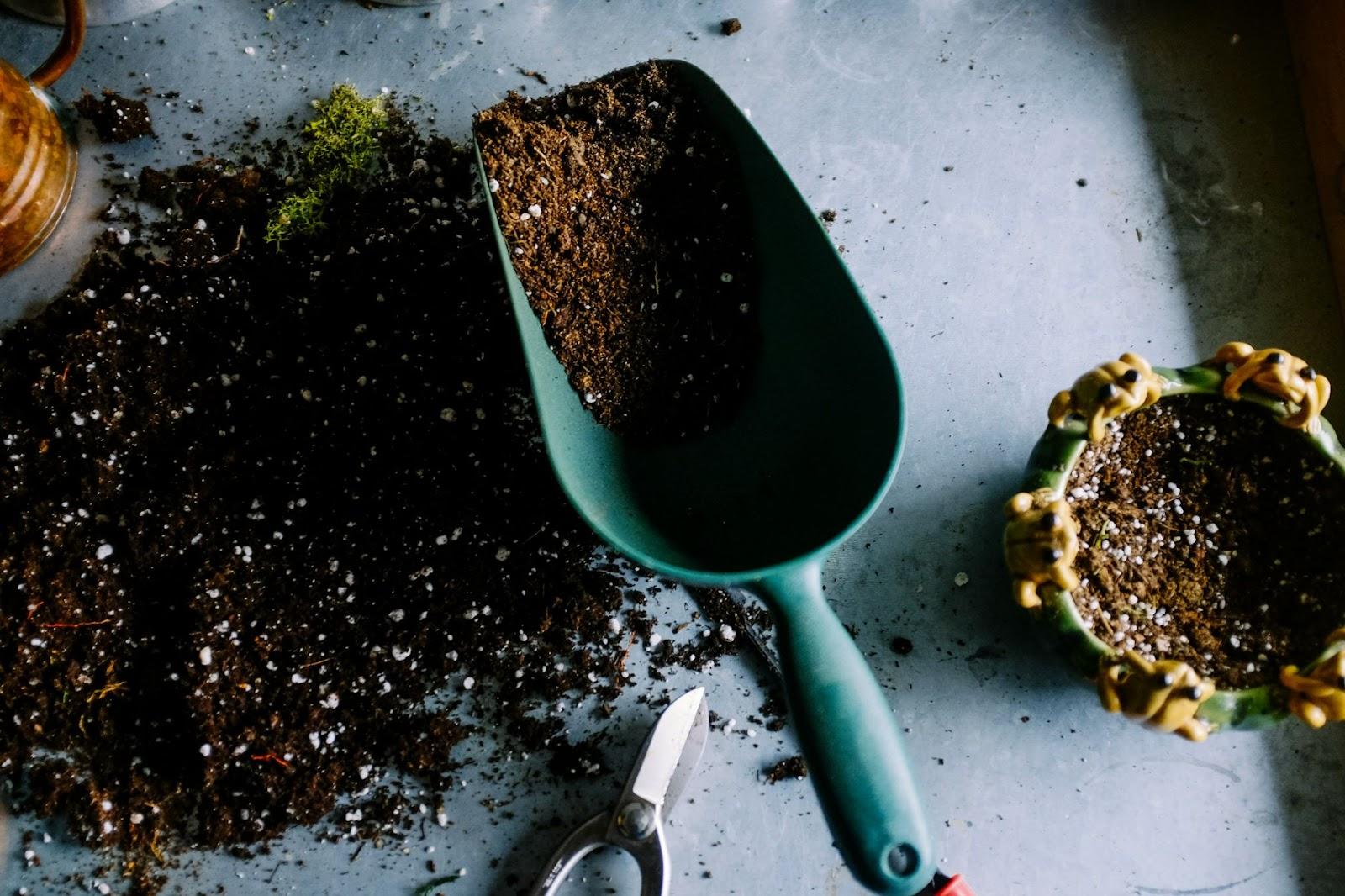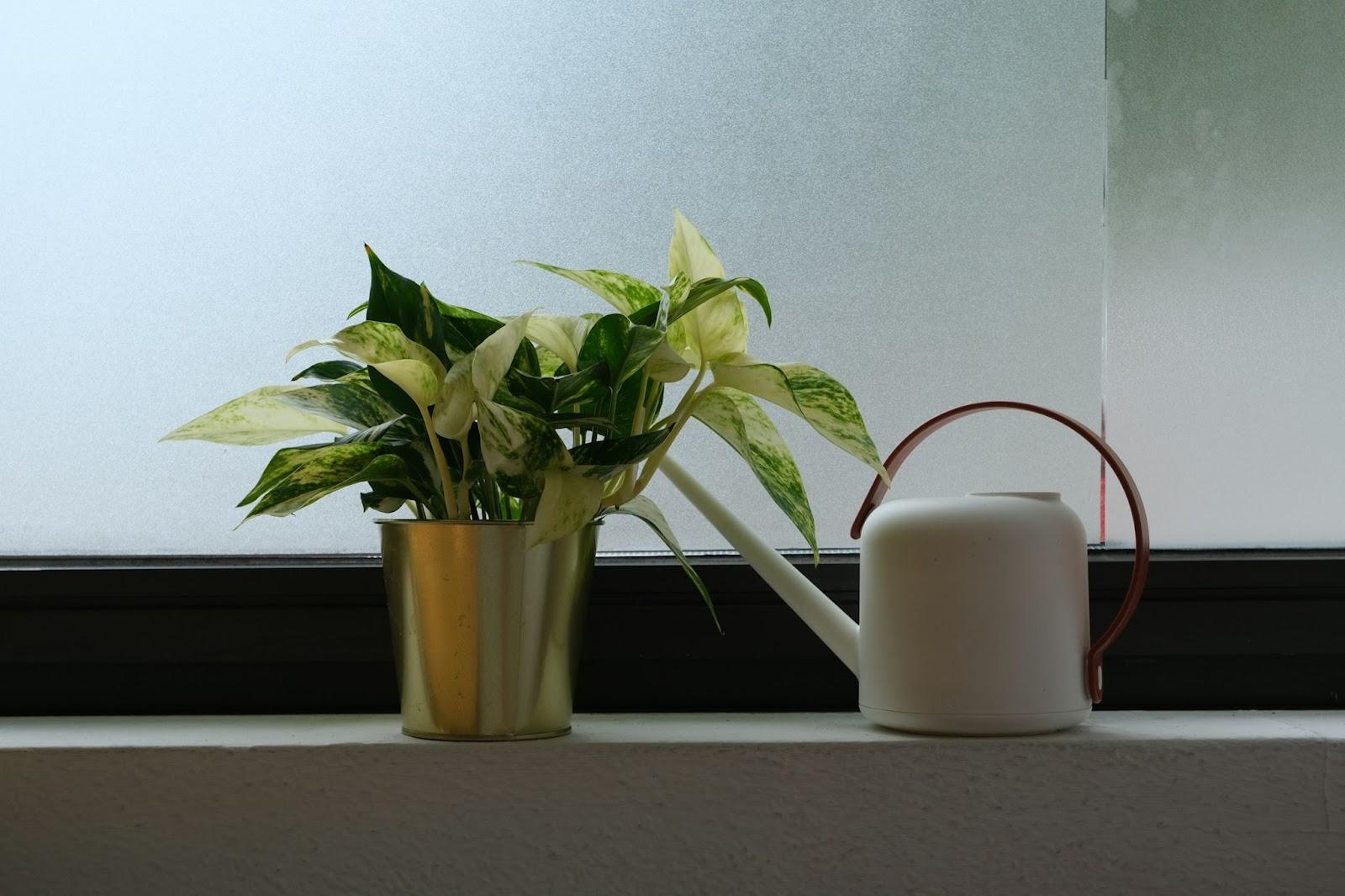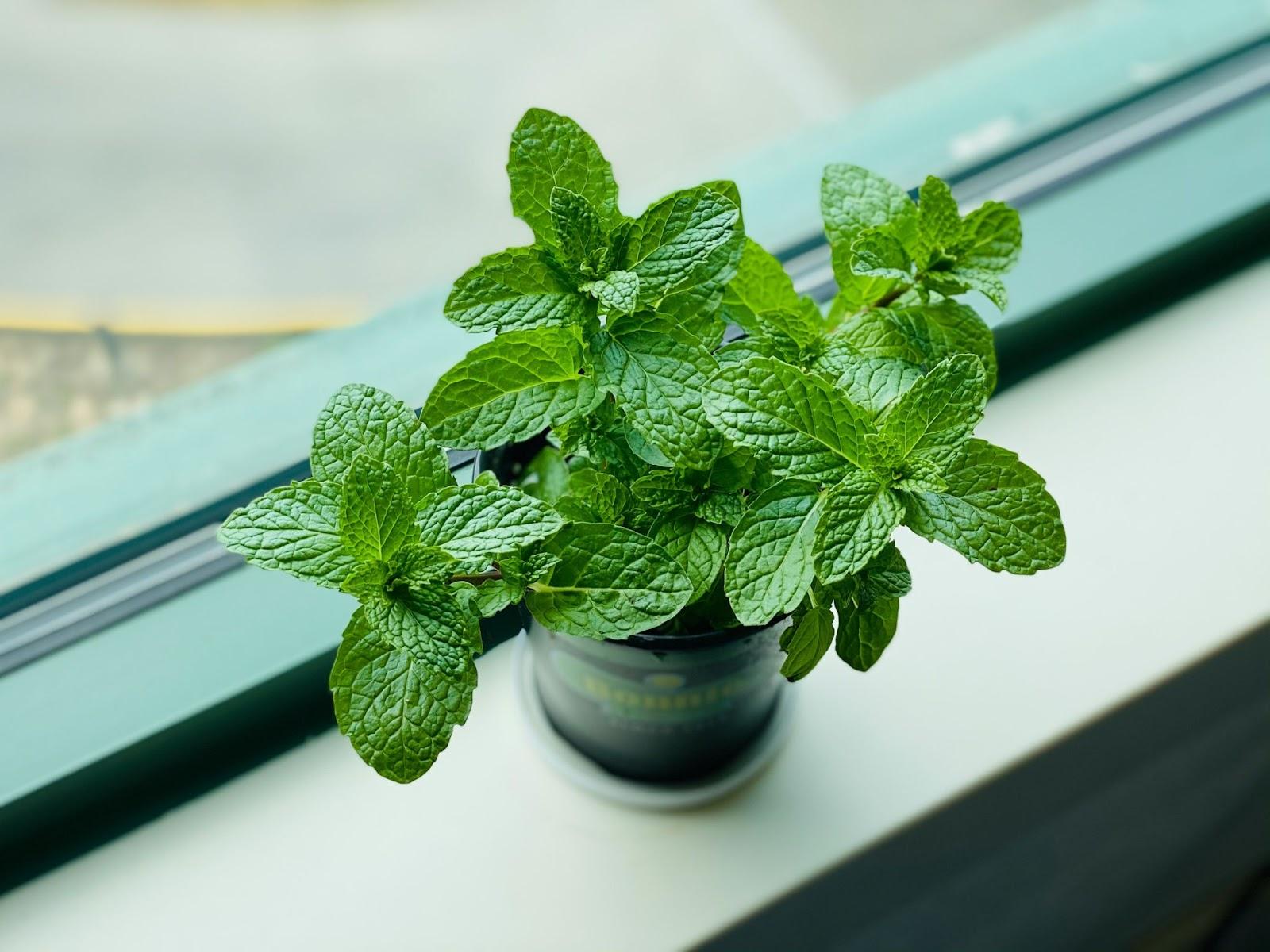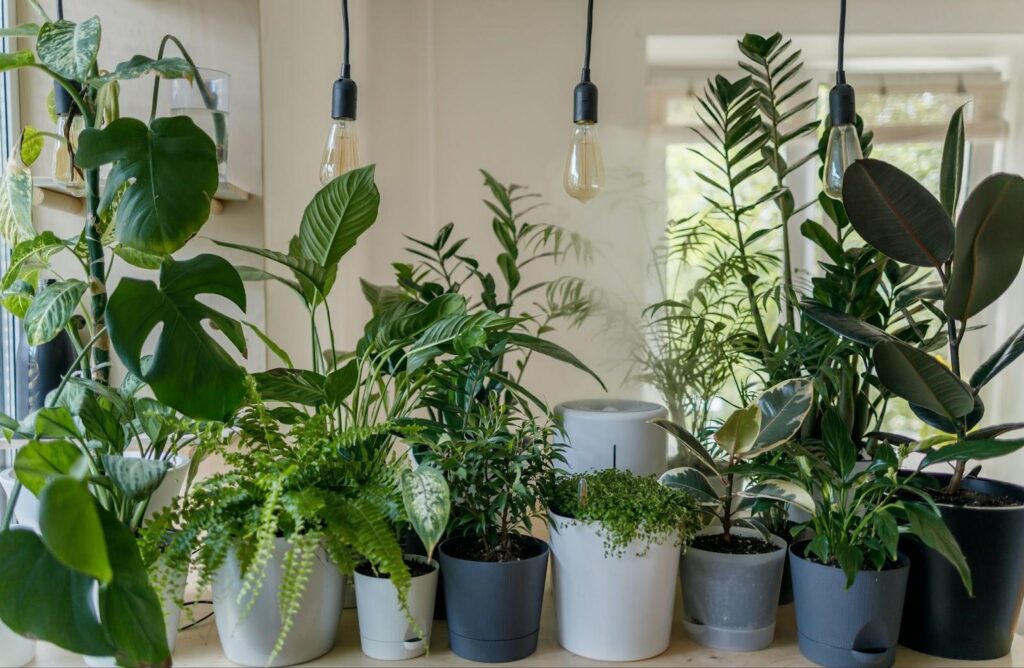If you have ever wanted to grow your own herbs, vegetables, or flowers but thought you needed a yard to do it, container gardening proves otherwise. This method works almost anywhere: balconies, windowsills, fire escapes, or small corners of a dorm room. With the right tools and setup, you can enjoy the benefits of gardening without needing much space, time, or money.
Container gardening is perfect for student life. It keeps your living space fresh and personalized, reduces stress, and even saves money on groceries. If your schedule is packed or your budget is tight, you might already rely on flexible tools or services like tutoring or writing platforms where students pay for essay writing to stay on top of deadlines. Container gardening follows the same strategy: it is efficient, practical, and easy to control.
How to Start Your Container Garden
Choose the Right Containers
You do not need expensive pots to get started. Almost anything that holds soil and has drainage can work: plastic bins, recycled buckets, metal tins, and even old mugs. Make sure each container has holes at the bottom or a way to drain excess water. If excess water cannot drain, roots may decay and growth will slow.
Begin with just a few containers and expand as you gain experience. If space is limited, vertical stacking or hanging planters can give you more room without crowding your floor or desk.
Pick Low-Maintenance Plants
Some plants are easier to grow than others, especially if you are new to gardening. Choose easy herbs such as basil, mint, or parsley to begin. They grow quickly and only need basic care. If you want something edible and compact, try lettuce, cherry tomatoes, or green onions.
Avoid plants that need constant pruning or specific temperature settings. Choose varieties labeled as “patio,” “dwarf,” or “container” to ensure they thrive in small environments.
Use the Right Soil Mix

Do not scoop dirt from outside. Garden soil is often too dense and can carry pests or diseases. Go with a loose, well-draining potting mix made specifically for container use. These mixes help roots breathe and drain well.
You can also buy small bags of organic soil or mixes with slow-release fertilizer already added. If you want to save money, look for basic potting soil and add compost from your food scraps or a compost service if available in your area.
Give Your Plants Enough Light
All plants need light to grow, but how much depends on what you choose. Plan for 4 to 6 hours of direct light daily if you are growing leafy greens or culinary herbs. A sunny windowsill or balcony often works well. Rotate your containers occasionally to help plants grow evenly.
If your space does not get much natural light, try an LED grow light. Small, inexpensive clip-on lights work for one or two pots and make a big difference in winter or in shaded rooms.
Make a Simple Watering Routine

Watering is where most student gardens succeed or fail. Luckily, a consistent routine makes it manageable. Smaller pots often need daily or every-other-day watering, based on the plant type and surrounding conditions.
Press your finger into the soil about an inch deep. If it feels dry, water gently until the liquid drains from the bottom. Self-watering pots or a bottom-watering tray can help if you tend to forget or leave town for a weekend.
Keep Pests and Problems Under Control
Container plants are less likely to attract pests than outdoor gardens, but you still need to stay observant. If leaves start turning yellow, curling, or getting spots, it could be a sign of overwatering, nutrient imbalance, or small insects.
Keep your plants clean, remove dead leaves, and inspect them weekly. If needed, use mild remedies like diluted dish soap spray or neem oil. Ask a local garden center or online community if you are unsure how to treat a specific issue.
Grow What You Use

Before you plant something just because it looks good, ask yourself if you will use it. Do you make pasta often? Grow basil or oregano. Drink tea at night? Mint is perfect. Like spicy food? Try chili peppers in a small pot.
This keeps your garden practical, reduces food waste, and makes it more satisfying to harvest something you will actually eat or share.
Boost Mental Health Through Gardening
Gardening has been shown to reduce stress, improve focus, and increase feelings of calm. These benefits support academic performance. Tending to a small plant each day builds a routine and gives you a sense of control, even when the rest of your schedule feels chaotic.
It also creates a break from screens. Spending just a few minutes watering, trimming, or checking on your plants can reset your brain before returning to study mode.
Learn While You Grow
Container gardening teaches more than plant care. It improves patience, observation skills, and responsibility. These are the same qualities that help you stay organized in school and in life. You learn to plan, adapt, and follow through as you care for something that grows over time.
You can begin with limited knowledge. Try growing a single plant and learn through observation. Every misstep helps build experience.

